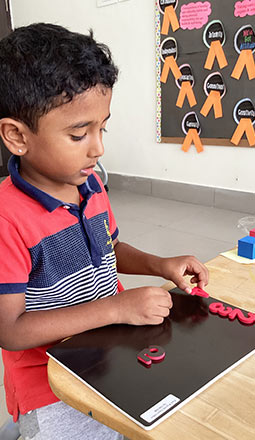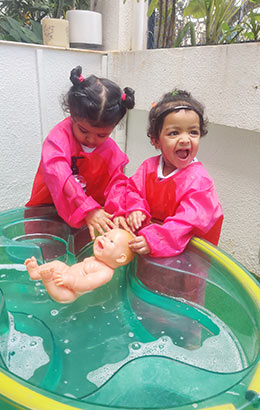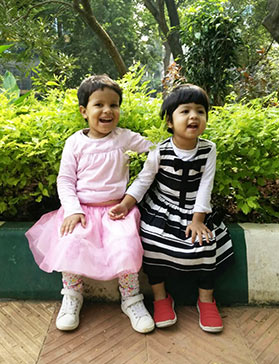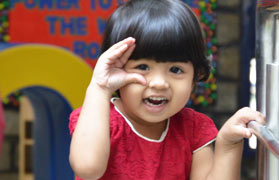The Indian government on July 29 approved the New Education Policy, which brings reforms to the entire Indian education system.
A shift in mindset is visible in our new policy, which is essential to build a good learning system. With 12 million young people entering our workforce every year, it was long overdue to look into our education system from a new perspective and make it more relevant. This new policy has considered many aspects to upgrade the entire educational progression. The solution to missed Indian opportunities lies in enabling unconstrained exploration. The big leap aims to shift from a traditional system to new flexible options.
The purpose of education is to raise the entire young population who will contribute to building our nation. Research in Neuroscience confirms the importance of the early years in a child’s life since 85 per cent of brain development has already taken place by the time a child is six years of age. There are certain sensitive periods’ for the development of cognitive, linguistic, social, and psychomotor competencies. For sure, exposure received in the early years thus defines the success of human life to a great extent. The present policy considers these years as a part of the Foundational stage of school education (three years of pre-primary education and Grades 1 and 2), a single curricular and pedagogical phase of play and discovery-based learning for very young children, between the ages of 3-8 years.
We are happy to share that at UWA, one of the best preschools in Sarjapura, the Early Years Foundation Stage (EYFS) curriculum already describes the milestones and learning goals for these particular age brackets. Out of seven learning areas, the prime areas specifically concentrate on the preparation of future readiness for learning. Early years children are taught multiple ways as we believe that each child is different and unique. IB schools focus on learning towards innovation which starts from the early years to allow students to be motivated to explore and learn. Newspaper reading is an important ritual at ELC, and all the IB preschool children are encouraged to come up without box solutions for environmental or social issues.
Teachers guide children to raise the ‘why’ element while learning along with ‘what’ and ‘how’. The New Education policy also mentions how to bridge the gap between theoretical knowledge and practical learning. At UWA, we take our children to different museums and workshops where children engage in kinesthetic learning, such as the Nimhans Brain museum, recording studio, vegetable farm, bakery, etc. These places allow students to experiment with trial and error, learn from their mistakes, and understand the potential gaps between theory and practice.
Numeracy and Literacy are observed as specific subjects, whereas integration happens with other areas of learning as well. We recognize that children learn differently. Teachers plan their activities according to the child’s interests and abilities. In each grade, children are encouraged to master at least one soft skill, which is important for future performance. Learning and regular presentation of their understanding enhance their teamwork, public speaking, critical thinking, decision making, and organizing skill. We believe that the future of education will be a blending between digital tools and a print-based curriculum. To make the learning more meaningful, UWA(one of the best Preschool in Sarjapura) has defined a consistent approach towards learning materials, which can be textbooks or digital open educational resources. We consciously integrate across disciplines and communities to prepare our children to be truly global and ready to face any challenges.
The future of education is PHENOMENON BASED learning, and as one of the best preschools in Sarjapura, we emphasize presenting real-life problems to the children and guide them to actively discover the solution with the help of multidisciplinary knowledge and life skills.

